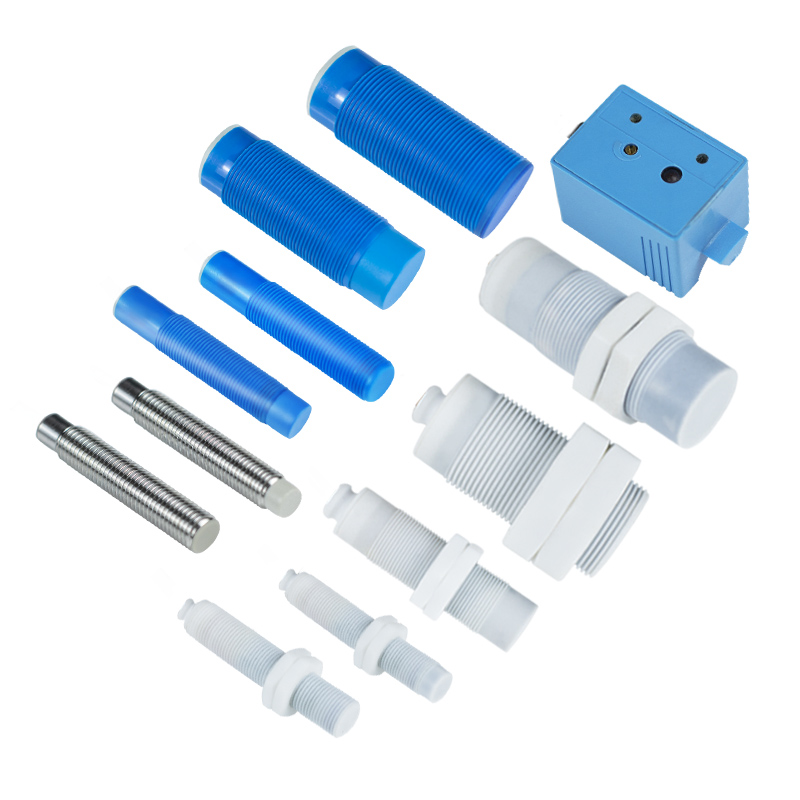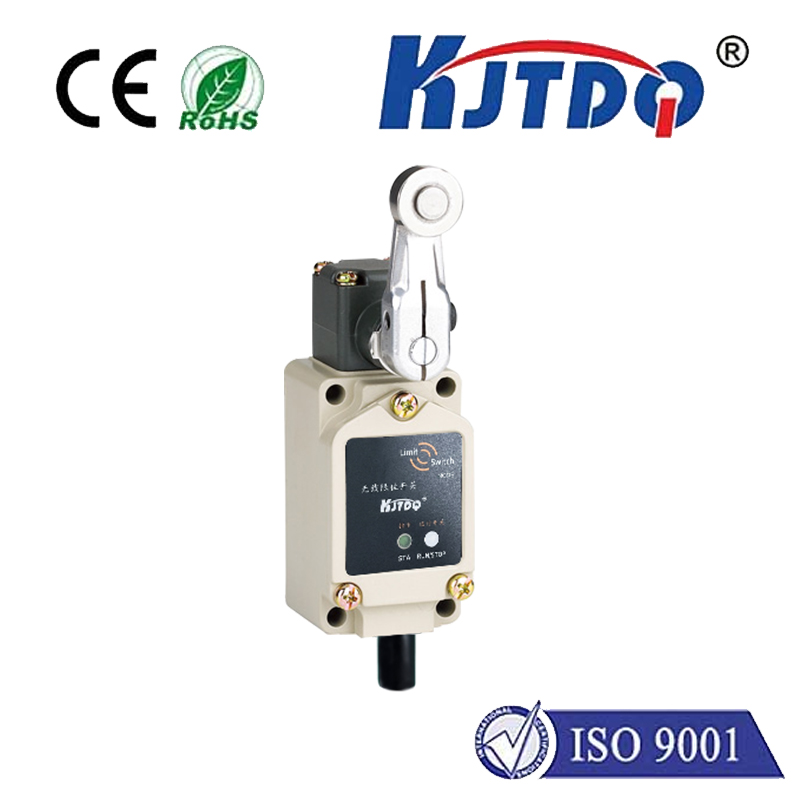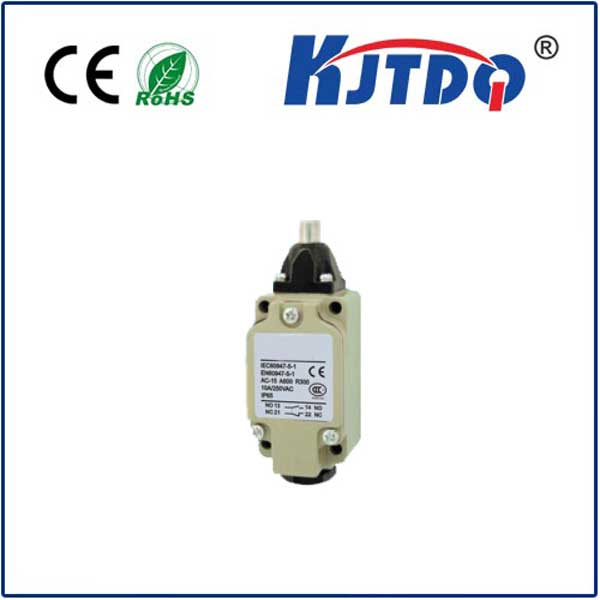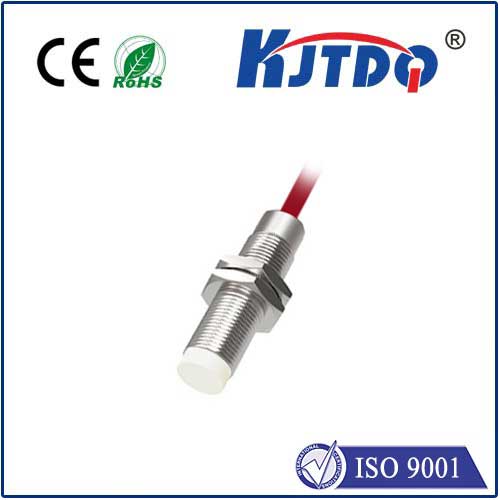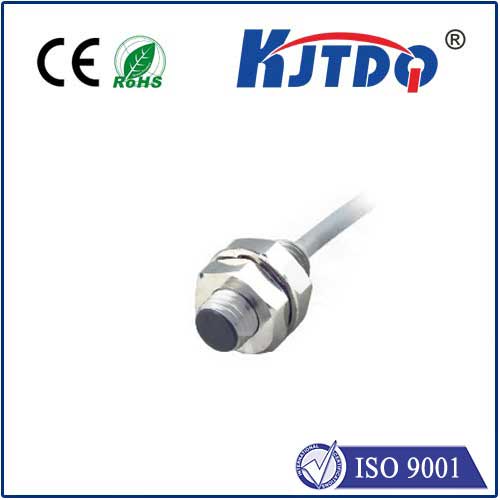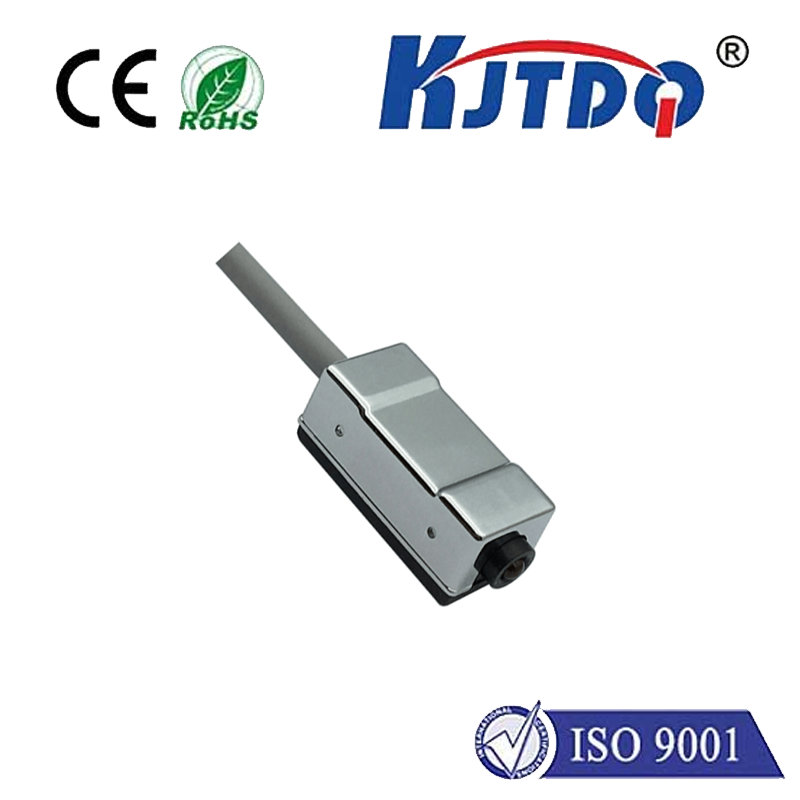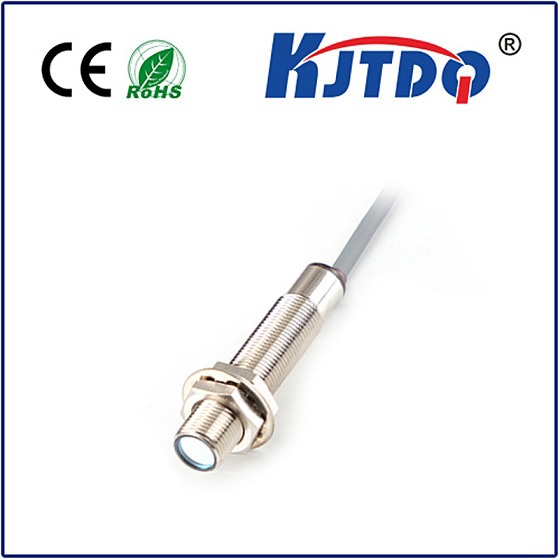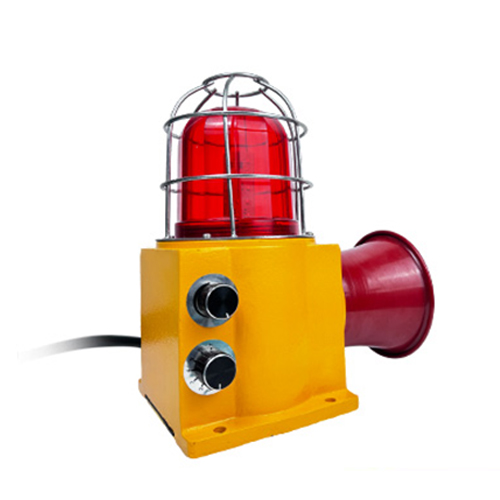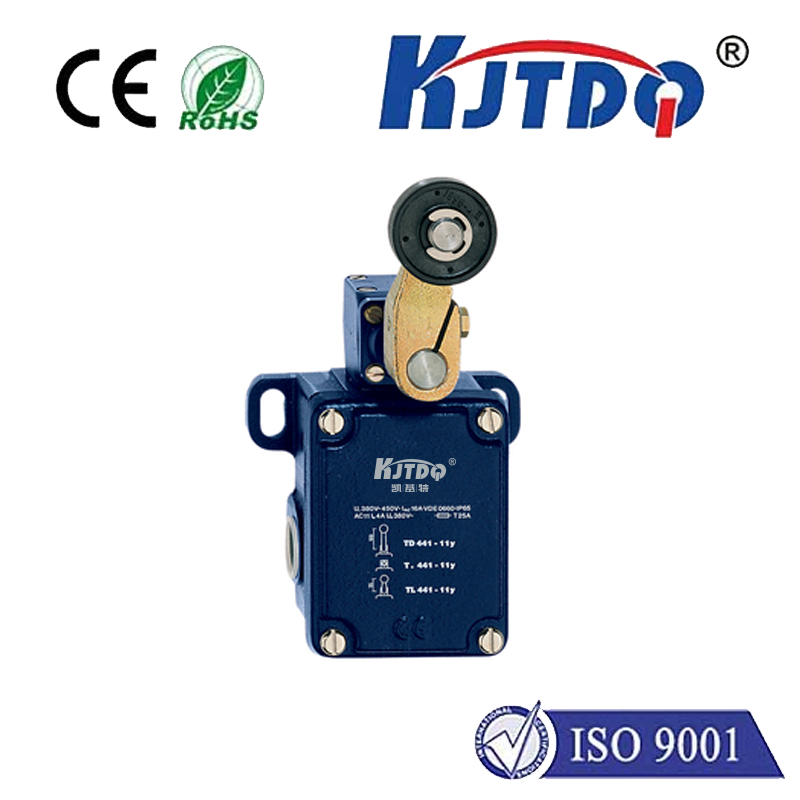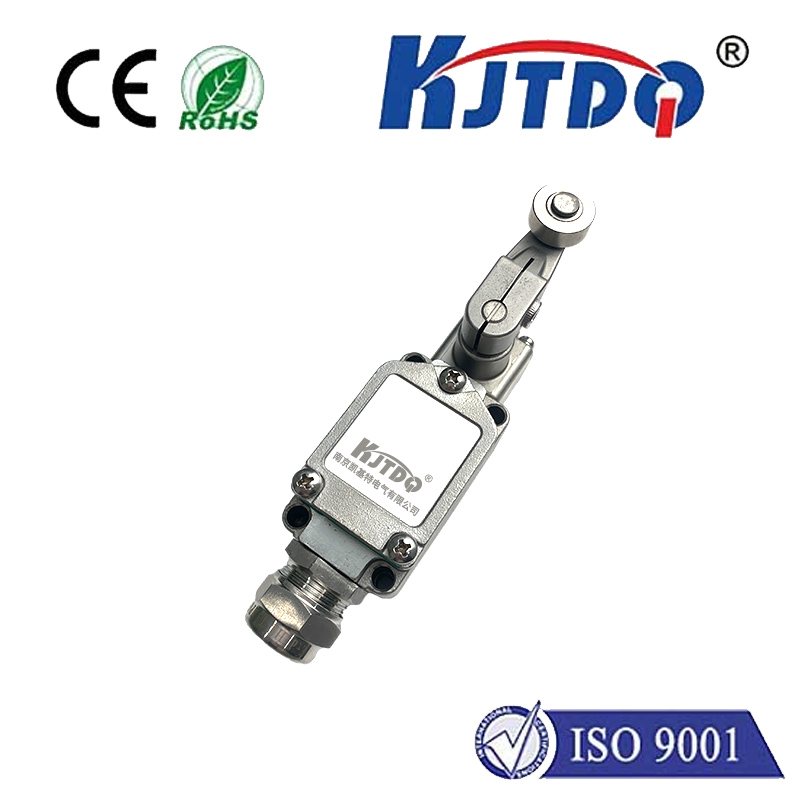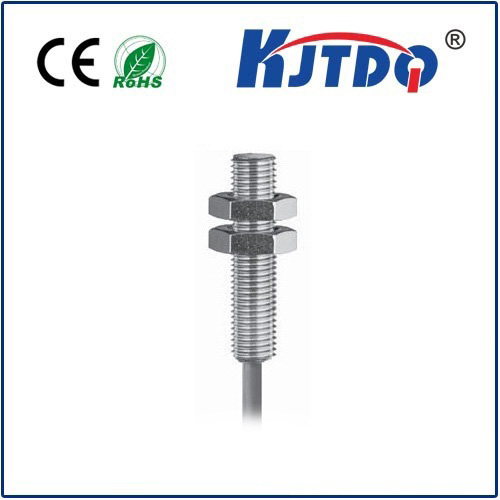Capacitive sensors are a common and widely used sensor technology. It detects properties and changes in objects by measuring capacitance. Capacitive sensors have many unique advantages over other types of sensors, making them ideal for a wide range of applications in various fields.
First, capacitive sensors are highly sensitive and accurate. By measuring changes in capacitance, it can sense tiny changes in object properties, such as pressure, temperature and humidity. This high degree of sensitivity makes capacitive sensors widely used in many fields. For example, in the industrial field, capacitive sensors can be used to measure vibration, pressure and load of equipment to ensure the normal operation of the equipment. In the medical field, it can be used to monitor important indicators such as patient temperature and blood oxygen saturation.
Secondly, capacitive sensors have lower power consumption and high reliability. Since it is based on the capacitance measuring principle, it requires less energy to make measurements compared to other sensor technologies. This makes capacitive sensors widely used in applications that have strict requirements on energy consumption, such as embedded systems and wireless sensor networks. In addition, capacitive sensors also have long life and stability, and can work stably for a long time without frequent maintenance and replacement.
Third, capacitive sensors are highly adaptable and customizable. It can be used to sense different types of objects and properties, such as metals, liquids, and biological tissues. Capacitive sensors can be customized according to the needs of different applications to achieve optimal performance and accuracy. Additionally, capacitive sensors can be combined with other sensor technologies to obtain more comprehensive and accurate data. For example, combining gas sensors and pressure sensors can achieve more accurate gas detection and monitoring.
Finally, capacitive sensors have fast response and high sampling rates. Due to the characteristics of their measuring principle, capacitive sensors can measure and detect object properties in a short time. This makes it useful in applications that require fast feedback and real-time monitoring, such as vehicle control systems and environmental monitoring. The high sampling rate of capacitive sensors also ensures that more data points are acquired, improving data accuracy and reliability.
In summary, capacitive sensors have many advantages, making them an ideal sensor choice in various fields. Its high sensitivity, low power consumption and reliability make it an important component in applications such as industrial, medical and environmental monitoring. In future development, capacitive sensors will continue to innovate and improve to meet changing needs and challenges.
